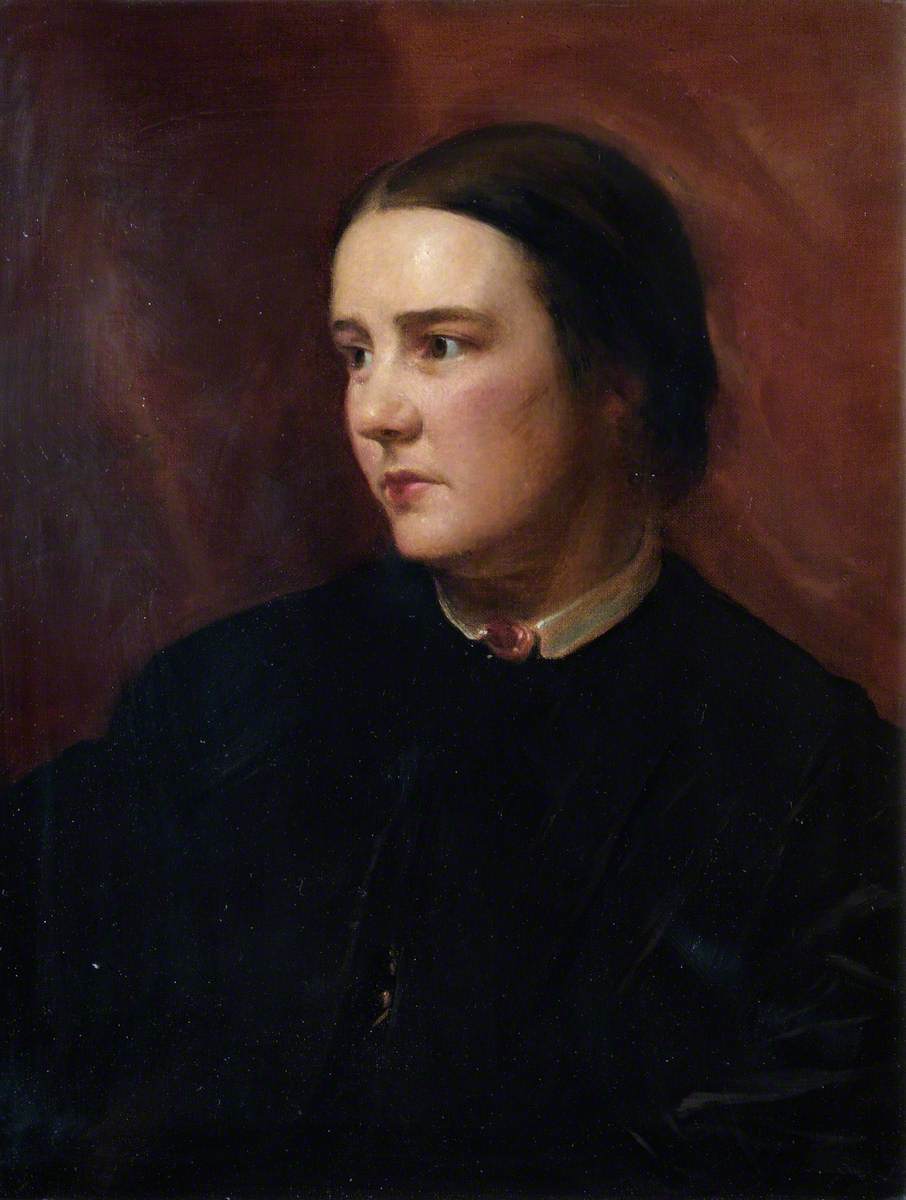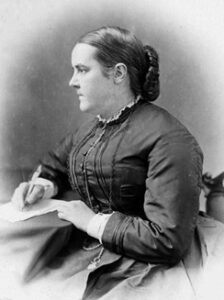Sophia Jex-Blake (1840–1912) was a prominent British physician and feminist who played a significant role in advocating for women’s access to education and the medical profession. Born on January 21, 1840, in Hastings, England, Jex-Blake defied societal norms by pursuing a career in medicine at a time when women were largely excluded from the field.
Jex-Blake’s determination led her to Edinburgh, Scotland, where she fought to enroll in medical school. Despite facing numerous obstacles and discrimination, she eventually gained admission to the University of Edinburgh in 1869, becoming one of the first women to study medicine in the United Kingdom. Her persistence and resilience inspired other women to follow in her footsteps.

Samuel Laurence, 1865, Sophia Jex Blake Aged 25, oil on canvas, [https://en.wikipedia.org/wiki/Sophia_Jex-Blake#/media/File:Sophia_Jex-Blake_Aged_25.jpg].
Public domain image
In 1874, Jex-Blake founded the Edinburgh School of Medicine for Women, providing women with the opportunity to receive medical training. The school faced opposition and backlash from the male-dominated medical establishment, but Jex-Blake and her colleagues persevered. Through her tireless efforts, she paved the way for women to enter the medical profession and challenged gender inequalities within the field.
Jex-Blake’s advocacy for women’s rights extended beyond medicine. She was actively involved in the suffrage movement, fighting for women’s right to vote. Despite facing numerous challenges and setbacks throughout her career, Sophia Jex-Blake’s unwavering determination and commitment to gender equality left a lasting impact on women’s education and women’s rights in the United Kingdom. Her pioneering efforts continue to inspire and empower women in the medical profession and beyond.
More information:
Wiki
University website



Leave a Reply